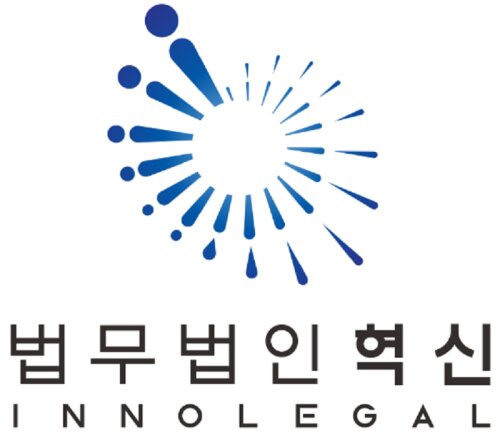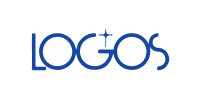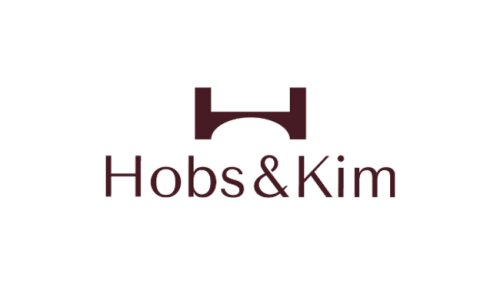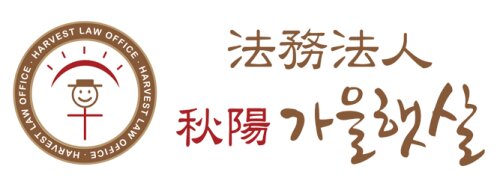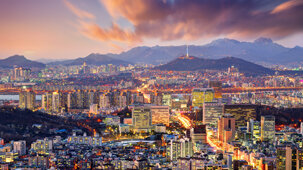Best Government Relations & Lobbying Lawyers in Seoul
Share your needs with us, get contacted by law firms.
Free. Takes 2 min.
List of the best lawyers in Seoul, South Korea
About Government Relations & Lobbying Law in Seoul, South Korea
Government Relations and Lobbying laws in Seoul, South Korea, are designed to regulate the interactions between businesses, interest groups, and governmental bodies. This legal field aims to maintain transparency and integrity in decision-making processes, ensuring that public policy is influenced in an ethical manner. Companies and organizations often engage lobbyists to represent their interests, communicate with policymakers, and navigate complex regulatory environments.
Why You May Need a Lawyer
Individuals and organizations may need legal assistance in government relations and lobbying for a variety of reasons. If you are looking to influence legislation, require guidance through regulatory compliance, or need support in developing government relations strategies, an experienced lawyer can provide valuable insights. Legal assistance is also crucial if you are involved in disputes over lobbying activities, or if you're seeking to understand the intricacies of reporting requirements and legal obligations under South Korean law.
Local Laws Overview
Seoul, as the capital city of South Korea, is governed by a set of national and municipal regulations that pertain to government relations and lobbying. Key legislative frameworks include the "Public Official Election Act" and the "Law on the Management of Public Institutions." These laws regulate lobbying activities, emphasizing the need for transparency and accountability. They require lobbyists and interest groups to disclose their activities and financial expenditures, while also setting limits on contributions and gifts to public officials.
Frequently Asked Questions
What is the legal definition of lobbying in South Korea?
Lobbying in South Korea is generally defined as activities intended to influence public officials in their decision-making processes, particularly regarding legislation, regulation, or public policies.
Do all lobbyists need to register with the government in South Korea?
Yes, lobbyists in South Korea are generally required to register, declaring their interest groups, financial details, and the nature of their lobbying activities, to ensure transparency and compliance with legal standards.
Are there any restrictions on gifts to public officials?
Yes, South Korean law imposes strict limits on gifts or financial contributions to public officials to avoid undue influence and corruption, in accordance with the "Improper Solicitation and Graft Act."
What penalties exist for non-compliance with lobbying laws?
Penalties can include fines, imprisonment, or both, depending on the severity of the violation. Non-compliance with registration and reporting obligations is taken seriously under South Korean law.
How does one report unethical lobbying practices?
Individuals can report unethical lobbying practices to the Anti-Corruption & Civil Rights Commission (ACRC), which oversees corruption and lobby-related complaints in South Korea.
Can foreign entities engage in lobbying in South Korea?
Yes, but they must adhere to the same registration requirements and regulations that apply to domestic entities, ensuring transparency and lawful conduct.
What role do lawyers play in government relations?
Lawyers assist in navigating complex regulatory environments, ensuring compliance with legal frameworks, developing strategic communication plans, and representing clients in disputes related to government relations activities.
Is there a difference in lobbying regulations between national and local government in South Korea?
While both national and local governments are subject to overarching legal frameworks, specific regulations and compliance requirements may vary, especially regarding disclosure practices.
Are lobbying activities public in South Korea?
Lobbying activities are partly public through required registration and disclosure documents, which are intended to provide transparency regarding influences on public policy.
What ethical guidelines govern lobbying activities?
Lobbyists must adhere to ethical guidelines that prohibit conflicts of interest, mandate truthful representation, and require adherence to legal standards set by South Korean legislative frameworks.
Additional Resources
For additional assistance, individuals and businesses can reach out to the Anti-Corruption & Civil Rights Commission (ACRC), the Korean Bar Association for legal counsel, and trade organizations familiar with local lobbying practices.
Next Steps
If you need legal assistance in Government Relations & Lobbying, the first step is to consult with a lawyer who specializes in this field. They will help you understand your obligations and rights under the law. Prepare a detailed account of your situation, and gather any relevant documents before your consultation. Consider reaching out to legal firms or associations that offer specialized services in government relations to ensure comprehensive support.
Lawzana helps you find the best lawyers and law firms in Seoul through a curated and pre-screened list of qualified legal professionals. Our platform offers rankings and detailed profiles of attorneys and law firms, allowing you to compare based on practice areas, including Government Relations & Lobbying, experience, and client feedback.
Each profile includes a description of the firm's areas of practice, client reviews, team members and partners, year of establishment, spoken languages, office locations, contact information, social media presence, and any published articles or resources. Most firms on our platform speak English and are experienced in both local and international legal matters.
Get a quote from top-rated law firms in Seoul, South Korea — quickly, securely, and without unnecessary hassle.
Disclaimer:
The information provided on this page is for general informational purposes only and does not constitute legal advice. While we strive to ensure the accuracy and relevance of the content, legal information may change over time, and interpretations of the law can vary. You should always consult with a qualified legal professional for advice specific to your situation.
We disclaim all liability for actions taken or not taken based on the content of this page. If you believe any information is incorrect or outdated, please contact us, and we will review and update it where appropriate.





